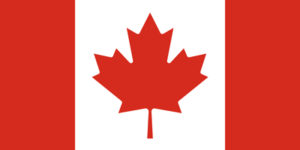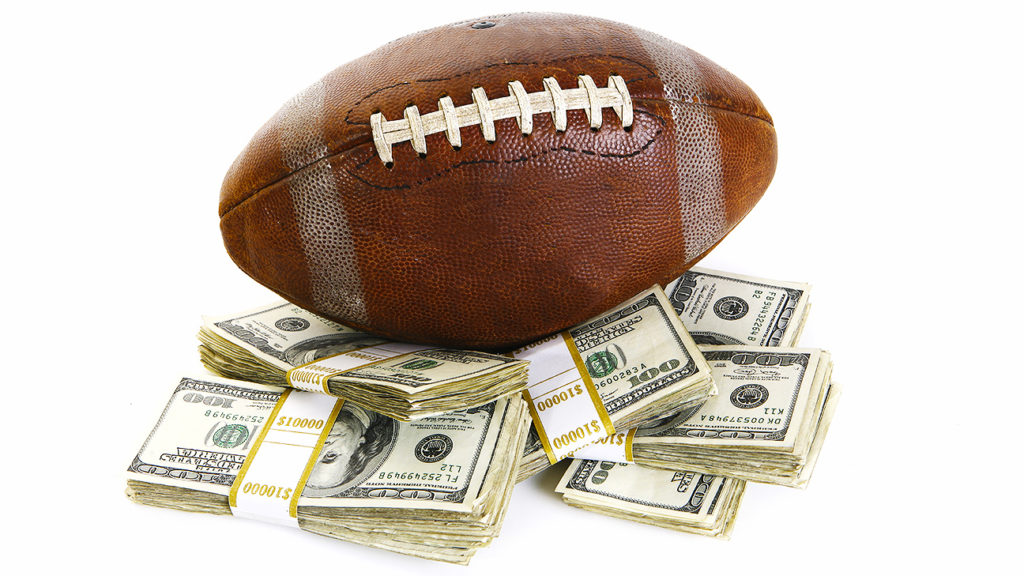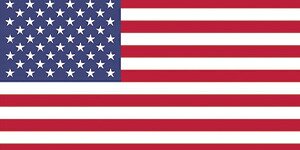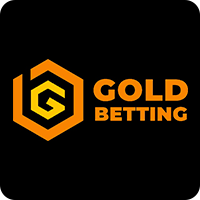
Top Real Money
Online Gambling Sites
At GamblingSites.org, our job is to find the best gambling website out there, period. Our team of experts review online casinos, sportsbooks, and poker sites regularly, verifying their integrity so you don’t have to.
So, whether you’re looking for a great blackjack site or a place to gamble on the Super Bowl, we have a recommended site for you. Below you’ll find our top-rated gambling sites:
Trending Now
Trusted Gambling Source For Over 15 Years
Where we've been found
Our Top Picks
Our Top-Rated Gambling Sites
Out of the hundreds of online gambling sites we’ve reviewed at Gamblingsites.org, only a handful stand out. These sites are top of the line for player safety, bonus opportunities, game selection, and banking compatibility. If you’re searching for a quick recommendation for a gambling site, look no further.
DuckyLuck far outpaces their competition with their massive welcome bonus, and players can use 9 different banking methods to claim their offer.
- Over 440 slot games
- High match percentages on welcome bonuses (500% +)
- Mobile and Desktop experience virtually the same
- No telephone number for customer service
- No craps games
Wild Casino really comes out as the king of the jungle with their gigantic crypto bonus, diverse selection of games, and their exceptional customer support. They’ve been a leader in the gambling scene since 2018.
- Collect up to $5,000 on your first five deposits
- Two live dealer casino studios
- User-friendly website with a modern design
- Reputable sister sites
- Multiple banking options, including crypto
- Fees for certain withdrawals
- Unorganized slots section with no filters
The Las Atlantis Casino first opened online in 2020 and has quickly grown to be one of the most popular online casinos since then. With a generous welcome bonus and a great selection of casino games, Las Atlantis is certainly one of the best gambling sites in the industry.
- Hundreds of RTG games
- No withdrawal fees
- Five welcome bonuses with high match percentages
- Withdrawal limits are high
- Table games are limited to blackjack, roulette, and casino poker
Gambling Sites by Category
The key to getting the most out of your online gambling experience is finding the right type of gambling site for you. Here are a few resources to help you find the site that best suits your needs:

Best Gambling Apps
Love playing games on mobile? These gambling apps are well suited for both iOS and Android users.
Gambling Apps
Best Casino Sites
Find a plethora of slots, blackjack, roulette, video poker, and live dealer tables at these casino sites.
Best Casino Sites
Best Sports Betting Sites
Wager on popular sporting leagues like the NFL and NBA, or explore niche betting lines on darts, snooker, and rugby.
Best Sports Betting Sites
Best Poker Sites
Ante up for casual games or take to the virtual felt for tournaments with millions in prize money at these dedicated poker rooms.
Best Poker SitesHow We Review Online Gambling Sites
In order to cover all our bases while reviewing online gambling sites, we’ve devised a comprehensive list of criteria that each site must meet. All of our casino, sportsbook, and poker site reviews reflect these important factors:
- Game & Software Variety – We test out the casino games, poker tables, and sports betting odds on offer at each gambling site we review. Sites that partner with high-quality software providers like RTG, BetSoft, and FreshDeck Studios receive bonus points.
- Site Security – We read the fine print of the site’s privacy policy and terms and conditions to ensure they are compliant with anti-fraud and fair gaming practices. This includes assessing the site’s TLS encryption and payment protection system.
- Generous and Fair Bonuses & Promotions – We run the numbers on all bonuses and promotions to see which ones have fair wagering requirements and actually provide value to players.
- Quality Banking and Payout Options – We compare the site’s banking methods, deposit/withdrawal limits, transaction times, and relevant fees with other reputable gambling sites to determine if the cashier is fair and reasonable.
Plus, our reviewers also access each site for mobile compatibility, range of customer service options, and overall site layout and navigation. Our reviews are supplemented with actual screenshots from our gambling experience, and each review comes with unique recommendations for bonuses to claim and games to play, right from our team.
Is Online Gambling Legal?
In the United States, there isn’t a federal law that prohibits online gambling. Instead, each state government has the right to enact laws around online gambling. For example, Texas and Utah are anti-gambling, while Pennsylvania and Delaware are pro-gambling. As such, the legality of online gambling in the US is complex.
But US laws don’t adhere to offshore gambling sites. These sites are available for players in almost every state because they operate in places like Panama or Malta. Local gambling agencies verify the integrity of these sites and issue licenses to the best casinos and sportsbooks.
Here are some resources about the legality of online gambling if you live outside the US:



How to Sign Up at the Best Online Gambling Sites
The sign-up process at online gambling sites is relatively similar across the board, and surprisingly simple. To show you how the process works, we’ll walk you through how to create an account at Ignition Casino, one of the best casinos and poker rooms
With these instructions, you’ll be able to get started at the gambling site of your choosing within minutes.

To start gambling at Ignition Casino, click JOIN at the top of the page. The pop-out box will ask you for your full name, date of birth, phone number, email, and ZIP code. You also have to create a secure password and check the box that verifies you’re of the legal gambling age.

Ignition will send you an SMS message with a verification code, and once you enter the code you can proceed to the next step.

As part of their Know Your Customer (KYC) routine, Ignition requires that users submit a photo or scan of the following:
- Government-issued photo ID (driver’s license, passports, etc.)
- Proof of address (bank statement, medical or utility bill no older than 60 days)
Additionally, if you’re depositing with a credit/debit card, you need to submit the front and back as proof, along with a credit card verification form.

After verification is complete (usually in 24-48 hours), you’ll be able to deposit into your bankroll using your preferred method. You can also claim a bonus to boost your gambling funds.
Ignition Casino requires users to submit their verification documents upon sign-up, but most gambling sites require them before you make a withdrawal. To speed up your withdrawal process, we recommend contacting customer support and getting verified after your initial account set-up.
Blacklisted Gambling Sites
While there are a lot of great gambling sites online, there are also quite a few that you should avoid at all costs. These sites have track records for not paying out winnings to players, using pirated gaming software, and having unresponsive customer service.

21KBet
- Unfair betting odds
- Doesn’t pay out winnings

CoolCat Casino
- Unresponsive customer service
- Long withdrawal times

Gold Betting Casino
- Rigged Games
- Doesn’t pay out winnings
Get Started with a Gambling Site Bonus
One of the benefits of using an offshore gambling site is the ability to claim generous bonuses. Welcome packages often include boost to your deposit and free spins for certain slots games. Returning users can enjoy reload bonuses, promotions based on your game of choice, and exclusive contests or tournaments.
We’ve gathered some of the best gambling site bonuses from across the web for you to check out:
Why You Can Trust GamblingSites.org
GamblingSites.org has been in the business of providing transparent casino and sportsbook reviews for more than a decade. To do this, we actually sign up at all the sites we review, and spend real money playing games or placing wagers to get the full experience. This means that when we talk about depositing funds or give recommendations for high-paying games, we have the evidence to back it up.
Plus, our team collectively has over 25 years of experience in the gambling world. Our members hail from across the world, each with unique gambling interests.
Trusted Gambling Source For Over 15 Years
Where we’ve been found
Recent Blog Posts
Ask A Question
Do I need to download software to play at an online gambling site?
Anonymous, California,

Answer
You don’t have to download software to gamble online. All of our recommended casinos are available via a browser (Google Chrome, Firefox, Safari, etc.) and don’t require you to download software.
However, some sites, like Ignition Casino, have dedicated apps for their poker rooms. These downloads are entirely optional, but they do make the gambling platform more accessible.
What banking methods can I use when gambling online?
John Ashlin, Texas,

Answer
Most online gambling sites will provide a variety of payment methods for deposits and withdrawals. The most popular by far are credit or debit cards, such as Visa, Mastercard, or American Express.
Cryptocurrency also has taken the gambling world by storm, with Bitcoin, Ethereum, and Litecoin leading the pack.
Can I try games for free at online gambling sites?
Phillip, PA,

Answer
Online casinos like Las Atlantis and SlotsandCasino have demo modes available for their games, which gives you a fake bankroll to use on their slots and table games. You aren’t risking any of your own funds, but you also don’t stand to win any real money either.
Responsible Gambling Resources
Gambling is supposed to be a fun activity, but for some people, it can become an unhealthy habit. It’s important to recognize the warning signs of gambling addiction and seek help as soon as possible.
If you or someone you love is struggling with gambling addiction, we want to help. Here are some of the best resources for getting help for gambling-related problems:
- National Problem Gambling Helpline – 1-(800)-522-4700. This helpline is available for any resident of the US, Canada, or the Virgin Islands, and can connect you with local resources for problem gambling.
- National Council on Problem Gambling State Directory – Use this map directory to find problem gambling resources available in your state.
- Gamblers Anonymous – Gamblers Anonymous has countless resources for hotlines, local meetings, and online help.










